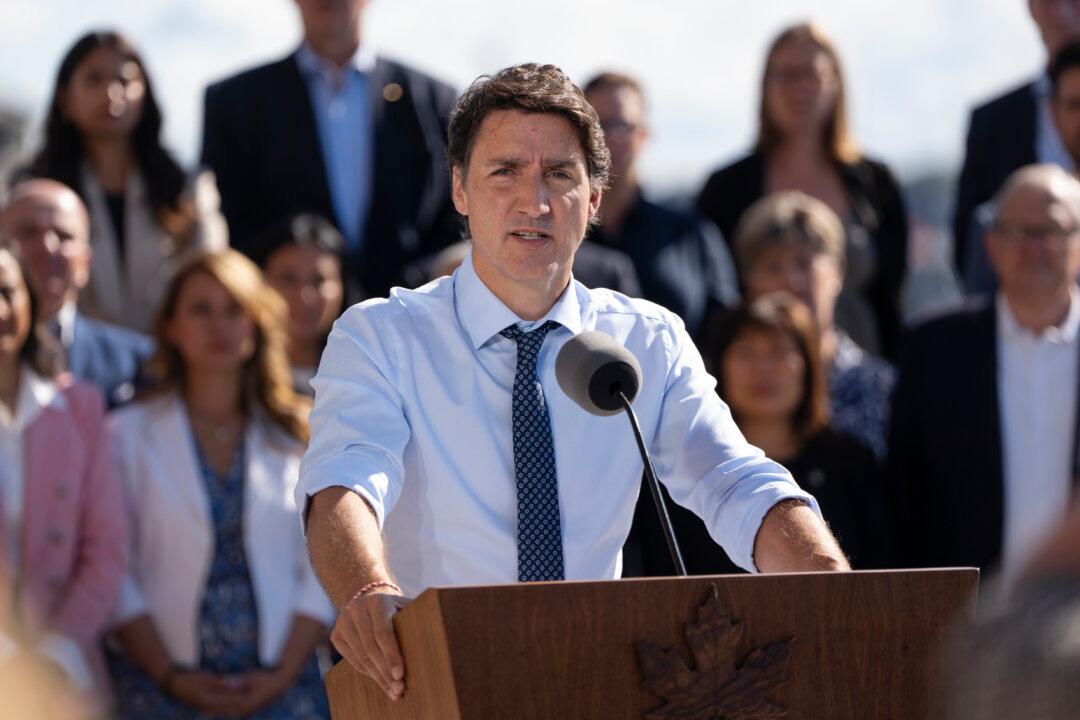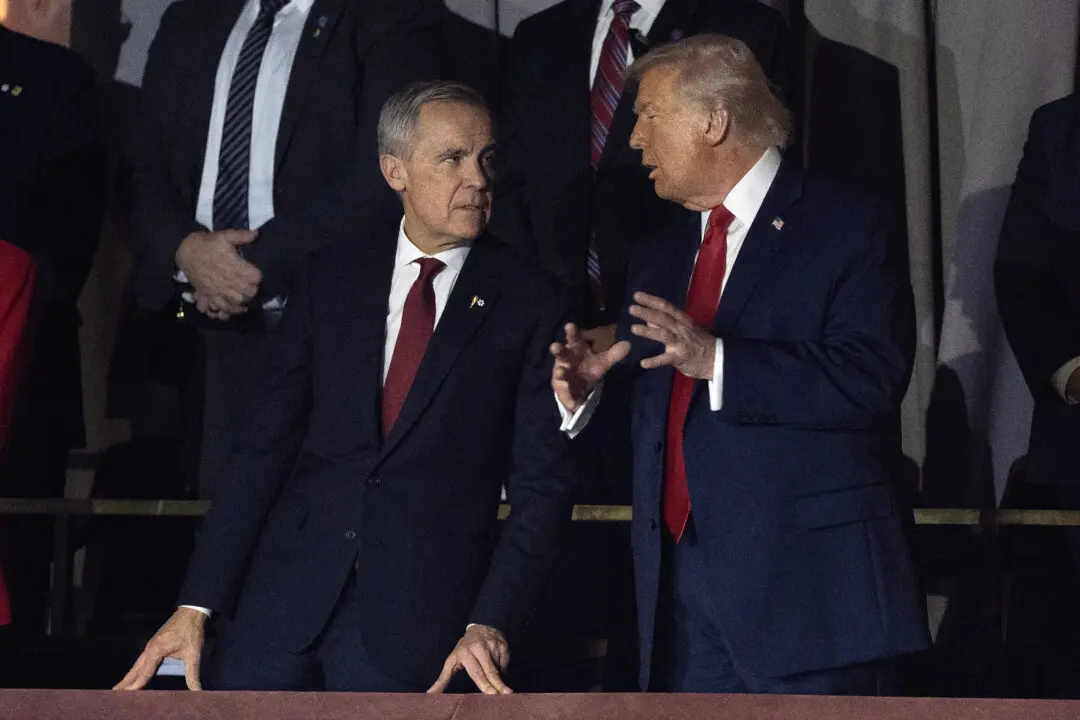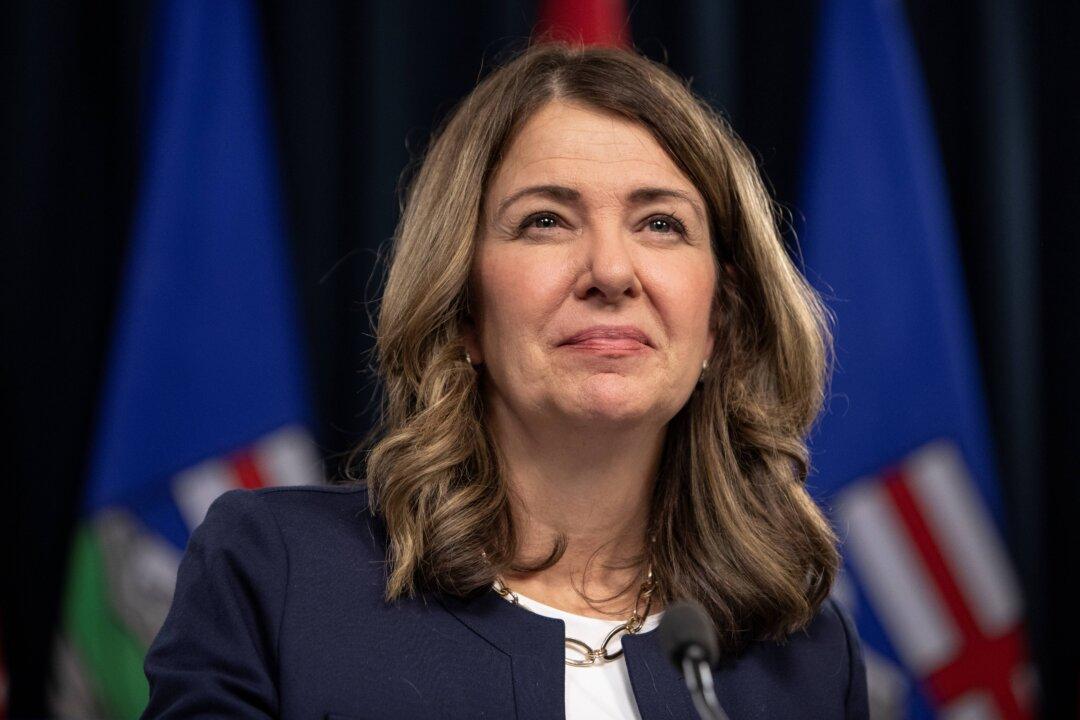Prime Minister Justin Trudeau defended his government’s decision to request a binding arbitration to bring an end to the nationwide rail strike, saying Canadian National and Canadian Pacific Kansas City’s decision to lock out workers was “deeply unhelpful” and forced the government’s hand.
“As a result, we reluctantly took the decision to request binding arbitration to resolve this dispute. To be clear, this is not the outcome we wanted to see,” Trudeau told the International Union of Operating Engineers on Aug. 28.





